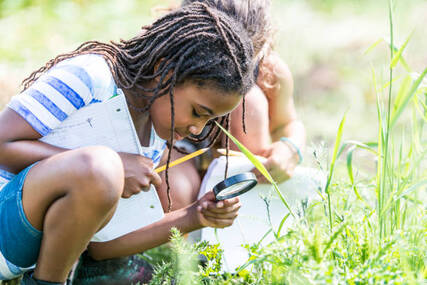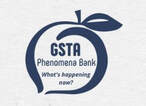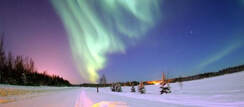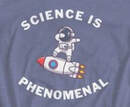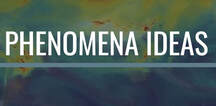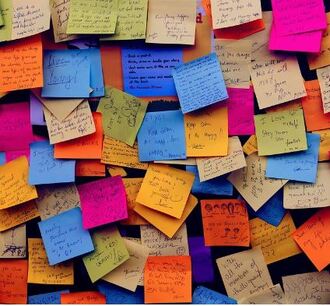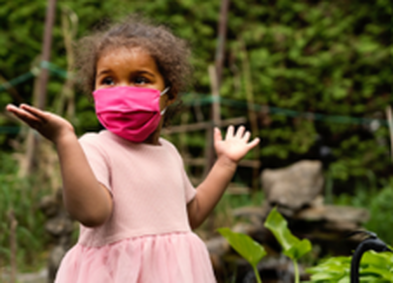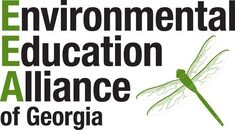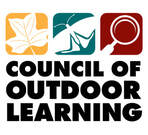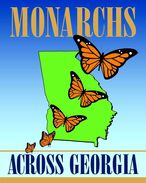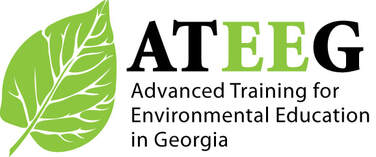Environmental Education Alliance of Georgia
- Our Story
- Our Team
- Our Events
-
Our Resources
- Wildlife Viewing
- Earth Month Activities
- Garden-based Learning
- EcoEngineering Challenges
- Community (Citizen) Science
- Phenomenon-Based Learning
- Problem-Based Learning
- Place-Based Learning
- Project-Based Learning
- Teaching about Climate Change
- Teaching about EJ
- Zero Waste Heroes
- SAGES Project
- Virtual EE Resources
- Environmental Clubs
- Evaluation and Assessment
-
Our Work
- Our News
- Our Impact
- JOIN or GIVE
- Member Portal
- Contact Us
- Outdoor Learning Store
- PassTick2023-4
- Annual Report
- New Page
- Past 2022 EEA Conference
- Past EEA Board 2021-22
- Past 2022 conferenceoverview
- Non-clickable Page
- New Page
- EEA Guest Blog
- Our Story
- Our Team
- Our Events
-
Our Resources
- Wildlife Viewing
- Earth Month Activities
- Garden-based Learning
- EcoEngineering Challenges
- Community (Citizen) Science
- Phenomenon-Based Learning
- Problem-Based Learning
- Place-Based Learning
- Project-Based Learning
- Teaching about Climate Change
- Teaching about EJ
- Zero Waste Heroes
- SAGES Project
- Virtual EE Resources
- Environmental Clubs
- Evaluation and Assessment
-
Our Work
- Our News
- Our Impact
- JOIN or GIVE
- Member Portal
- Contact Us
- Outdoor Learning Store
- PassTick2023-4
- Annual Report
- New Page
- Past 2022 EEA Conference
- Past EEA Board 2021-22
- Past 2022 conferenceoverview
- Non-clickable Page
- New Page
- EEA Guest Blog
What is Phenomenon-Based Learning?
|
Phenomenon-based learning is an instructional strategy that shifts the focus away from simply studying about a topic and toward students actively figuring out how and why something happens. After observing an unexplained phenomenon, students ask questions that become the framework for their research and investigations. Throughout this process, they construct explanations or solve problems. The tools they use to investigate are science and engineering practices and cross-cutting concepts. Altogether, this approach is called three-dimensional science and it is the basis for all science education in Georgia public schools.
|
Selecting Phenomena
|
|
The phenomenon is not just a "hook" used to interest students at the beginning of a lesson (though it also serves that purpose). It is a process or occurrence that exemplifies a core idea in science. Paul Anderson's video provides criteria for the selection of effective phenomena. This decision tree can also help. It should be noted that phenomena do not need to be "phenomenal" or show-stopping. An occurrence as simple as a glass of ice water "sweating" with condensation on a hot day can serve as an effective phenomenon to illustrate processes driving the water cycle.
|
Phenomena 'Idea Banks'
These idea banks provide ideas for phenomena that could be used to teach various core ideas in science. When selecting a phenomenon, consider whether it is observable and easy for students to explore. Note that it needs to be presented in a manner that does not "give away" the explanation before students conduct their own investigations.
Getting Started in Phenomenon-based Learning with 3 Simple "Swaps"
Here are simple strategies for converting a traditional lesson to phenomenon-based learning . . .
|
1. Swap posing a driving question for eliciting student questions. Instead of imposing a question to frame the lesson, the educator can ask "What do you notice?" and "What do you wonder?" to encourage observations and questions. This preserves the opportunity for students to make sense of unexplained phenomena on their own, without the mystery being spoiled.
|
2. Swap explaining concepts for presenting phenomena as mysteries that students try to figure out. Students can conduct research to obtain information, create working models, design and carry out experiments, collect and analyze data, or use computational thinking to conduct simulations in an effort to construct explanations or to argue from evidence.
|
3. Swap requiring students to memorize vocabulary words in advance for letting students learn terms in context, as they come up. Unknown terms are identified during the course of student investigations, and the meanings researched at that time, This approach preserves the opportunity for students to make sense of the phenomenon and results in longer-term word retention.
|
Phenomena in Environmental and Outdoor Learning
|
Outdoor learning is particularly well-suited for phenomenon-based science because there are so many observable organisms, events, interactions and processes to explore and investigate in the schoolyard. Unlike videos and other depictions, direct observations are not tainted by narration, captions, or text that "gives away" the explanation before students have a chance to investigate. Also, phenomena observed in nature provide students with context, authenticity and relevance. And after the observations and data collection, project-based learning can offer ways for students to investigate phenomena or design and test solutions to related real-world problems in the schoolyard.
|
Explore the Other "PBL"s
|
Environmental Education Alliance, Inc.
P.O. Box 801066 | Acworth, GA 30101 EEA does not does not discriminate on the basis of race, color, national origin, sex, age, or disability in its program , activities, or employment. For more information on EEA's non-discrimination commitment click here . Grievance officer may be contacted at [email protected] |
Proudly powered by Weebly
|
